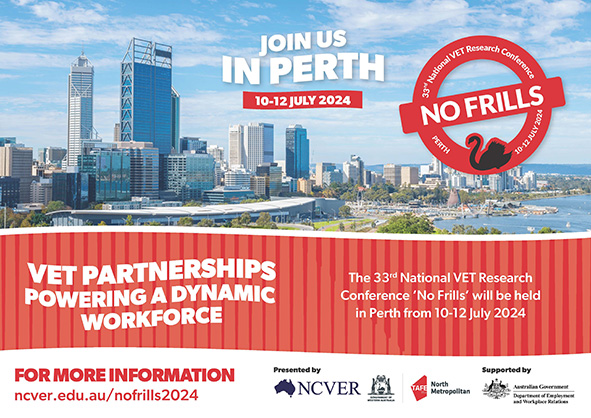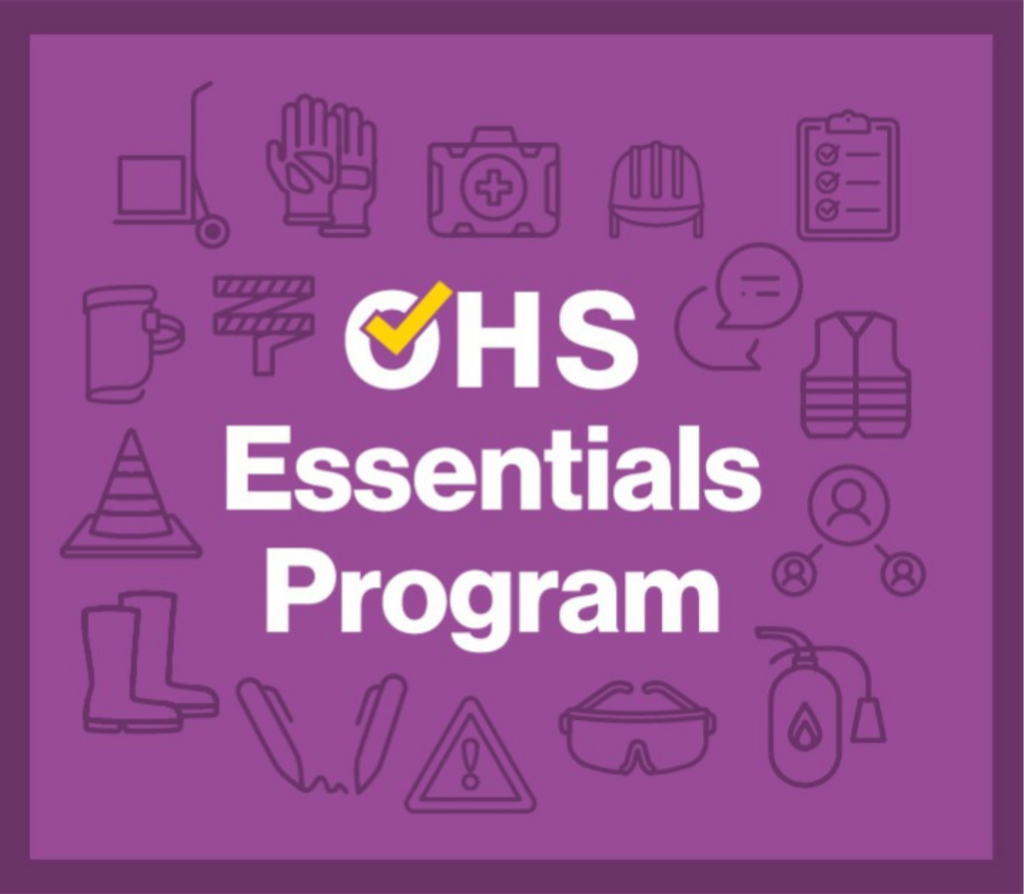Well, this is what a new 4-page briefing note from CEDEFOP, the European Centre for the Development of Vocational Training is suggesting.
Why a lifejacket? Because potentially VET can provide support for young people not in employment, education, or training (or NEETs as they are known) to keep them afloat. This was particularly obvious during the pandemic, which hit this group hard in the EU.
“Young NEETs often suffer from poverty, social exclusion, insecurity, or health problems.” Other factors play their part too: “living in a household with low income, being raised by a single parent, living in a rural area, being born in a country outside the EU, or having a disability.” Often, NEETs are ‘early leavers,’ seen as those with low, or no qualifications, but that is not necessarily the case, the paper notes.
Being closely tied to the labour market, VET can react swiftly to skill needs as they emerge. It is therefore seen as a potential route to a job, with many willing to attend a training program, provided it will help them (re)enter the labour market. The process needs ‘wrap around’ stuff for NEETs too, though – “such as outreach, personalised guidance, and assessment and validation of existing formal and informal skills.”
CEDEFOP has developed a VET toolkit for empowering NEETs “designed to help policy-makers, practitioners and learning providers in charge of young NEETs address the specific needs of different groups so that they can reintegrate into education and training and the labour market.” It provides “a wealth of examples of good practice, tools, statistics and other resources.” According to the briefing paper, the toolkit can be used to:
- “design, implement and evaluate interventions to support young NEETs;
- foster mutual learning between policy-makers and practitioners;
- support decision-making processes through the development of action plans inspired by the toolkit’s resources.”
There is another tool kit CEDEFOP has designed to tackle early leaving. “This toolkit differentiates between learners at risk of early leaving and young people who have dropped out of education.” As we know we have both these scenarios in Australia.
However, education and VET alone usually doesn’t cover the needs of these groups of young people. As the briefing paper suggests:
“Instead, a multidisciplinary approach and active social policies are needed. For some young NEETs, a targeted intervention approach focusing on the validation of non-formal and informal learning can make a difference. Modern learner-centred teaching methods can help change NEETs’ negative perceptions about education and motivate them to take on and eventually complete a VET program.”
There are lots of links in this briefing note that VDC News readers may care to follow up to get further insights.








